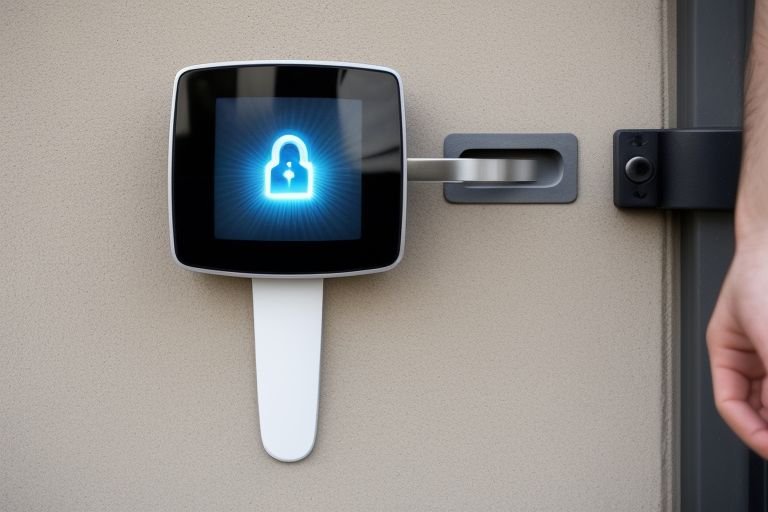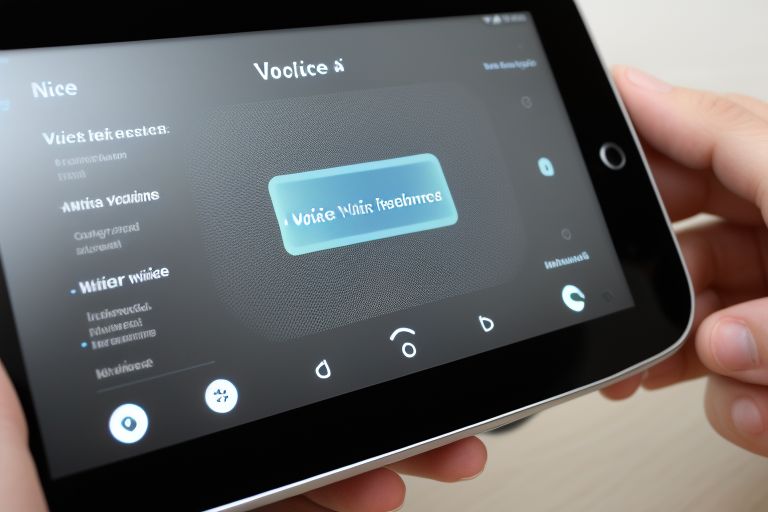AI-powered personal assistants have significantly transformed the landscape of productivity and convenience in our daily lives. These digital aides, leveraging artificial intelligence, are redefining the way we interact with technology, manage our tasks, and access information. Their evolution marks a leap towards creating more intuitive, efficient, and personalized user experiences. Here’s an exploration of how these virtual assistants are changing the game.
Personalized Experience
AI personal assistants learn from user interactions, preferences, and behaviors to offer personalized services. They can suggest content, remind you of important tasks, and even predict your needs based on past interactions. This level of personalization enhances user experience by making technology more intuitive and aligned with individual preferences.
Efficiency and Time Management
One of the most significant benefits of AI assistants is their ability to boost efficiency. By handling routine tasks such as scheduling appointments, setting reminders, sending emails, or managing to-do lists, these assistants free up valuable time for users. They can streamline workflows and help manage time more effectively, allowing users to focus on more critical tasks.
Enhanced Accessibility
AI-powered assistants are increasingly accessible on a variety of devices, including smartphones, tablets, computers, and smart home devices. This ubiquity ensures that users can access their assistant from anywhere, at any time, making it easier than ever to stay connected and productive. Voice recognition technology further enhances accessibility, enabling hands-free operation and making technology more inclusive.
Continuous Learning and Improvement
Through machine learning algorithms, AI personal assistants continuously evolve by learning from their interactions with users. This capability allows them to become more accurate and efficient over time, offering improved responses and better understanding user preferences. The more you use them, the more tailored their service becomes.
Challenges and Considerations
Despite the numerous benefits, there are challenges and considerations associated with AI personal assistants. Privacy concerns are paramount, as these assistants often require access to personal data to function optimally. Ensuring data security and user privacy is critical. Additionally, there’s the challenge of over-reliance on technology, which might affect users’ ability to perform tasks independently.
The Future of AI Personal Assistants
Looking forward, the potential for AI-powered personal assistants is vast. Advances in AI, machine learning, and natural language processing (NLP) promise even more sophisticated, context-aware assistants that can handle complex tasks and provide more nuanced interactions. We might see assistants that can seamlessly integrate into our daily lives, offering more proactive and anticipatory services, further blurring the lines between technology and personal assistance.
Conclusion
AI-powered personal assistants are more than just a technological novelty; they are a pivotal element in the ongoing evolution of human-computer interaction. By offering personalized, efficient, and accessible assistance, they not only enhance productivity but also redefine the very nature of convenience in the digital age. As technology advances, these assistants will continue to play a crucial role in shaping our digital experiences, making our interactions with technology more seamless, intuitive, and, ultimately, more human.



